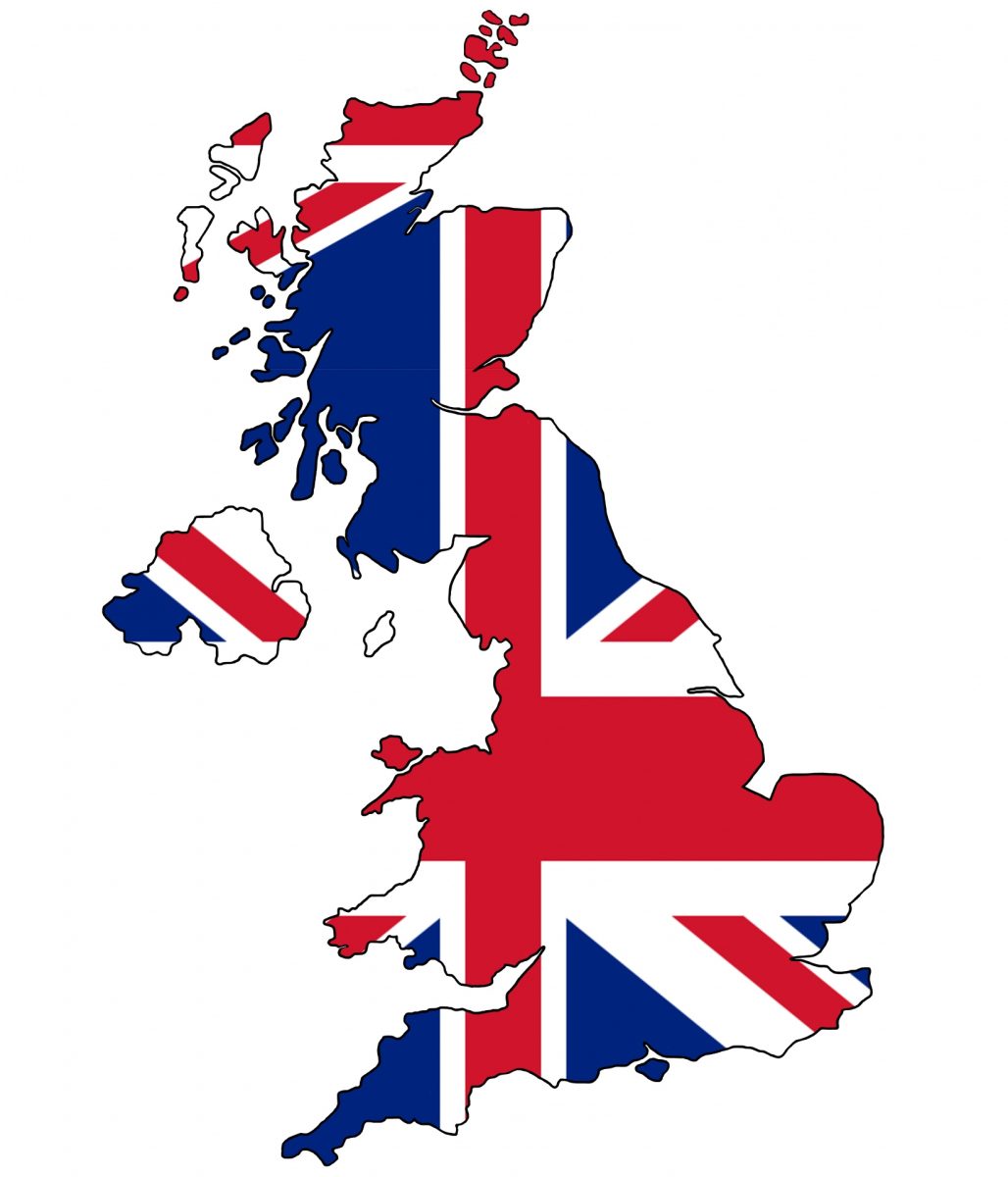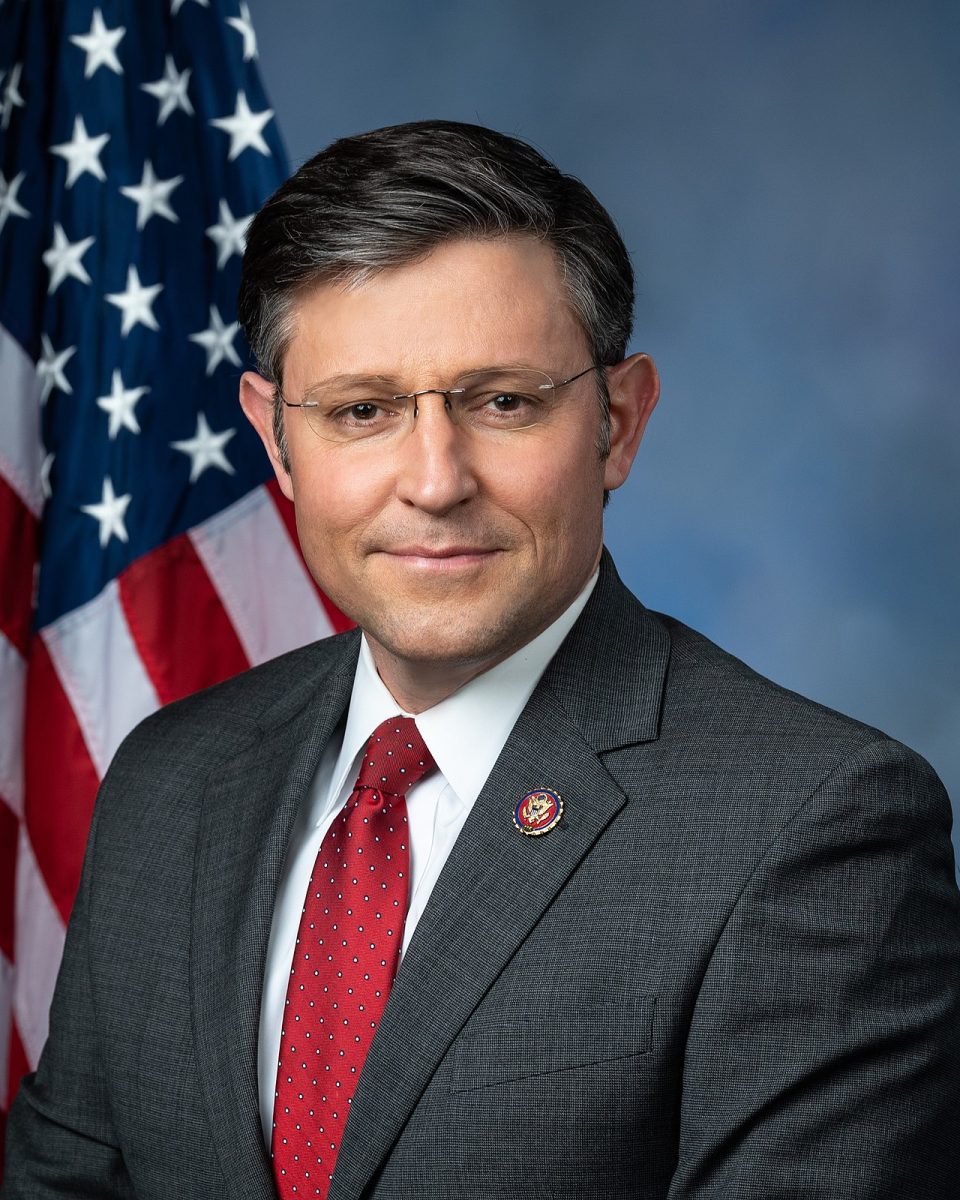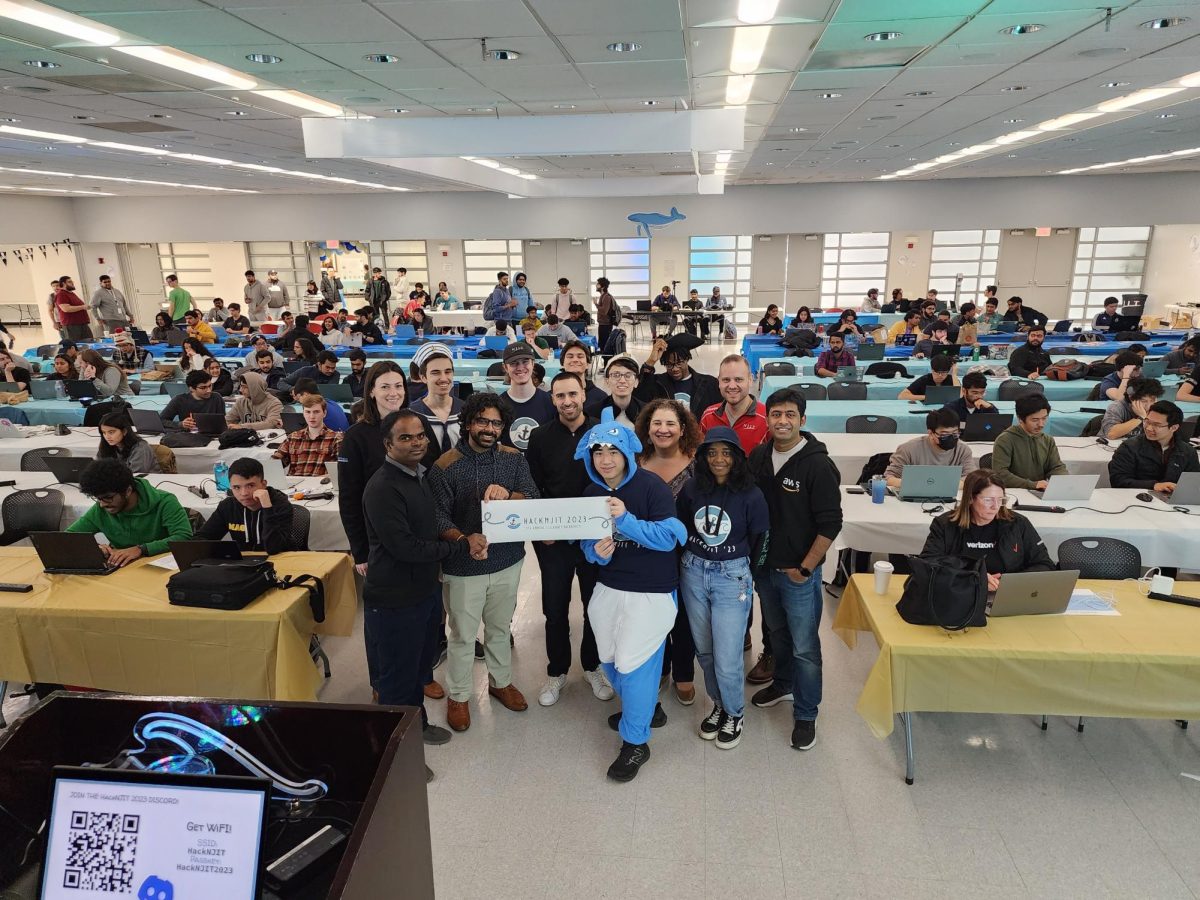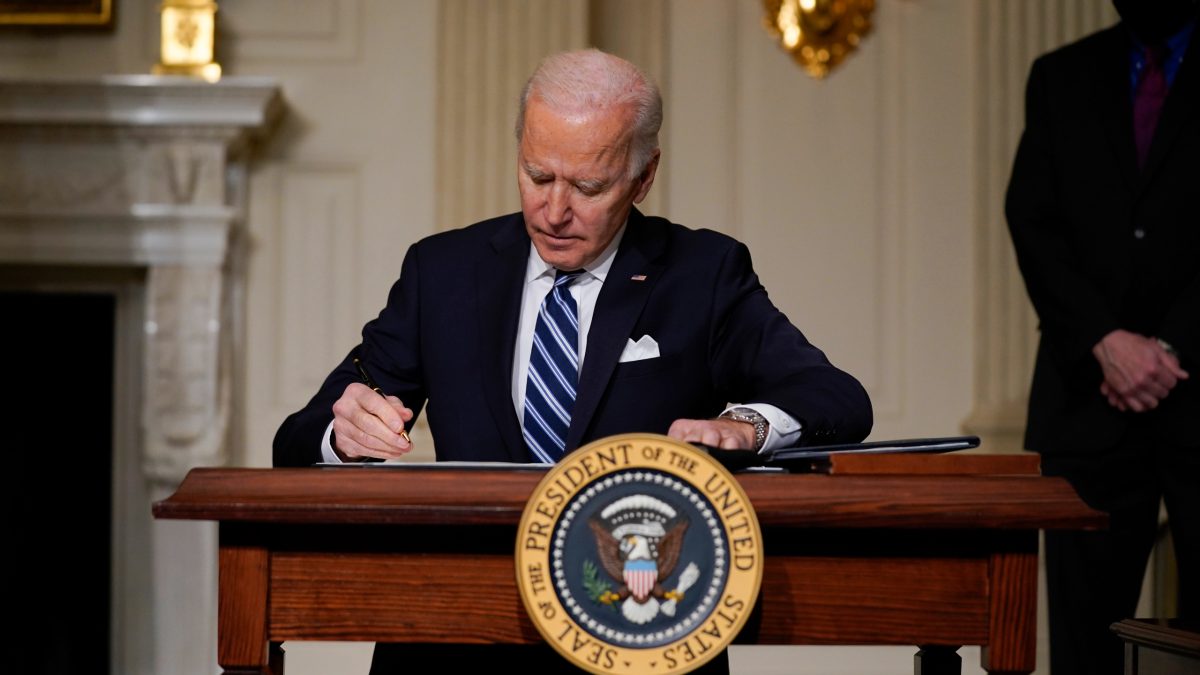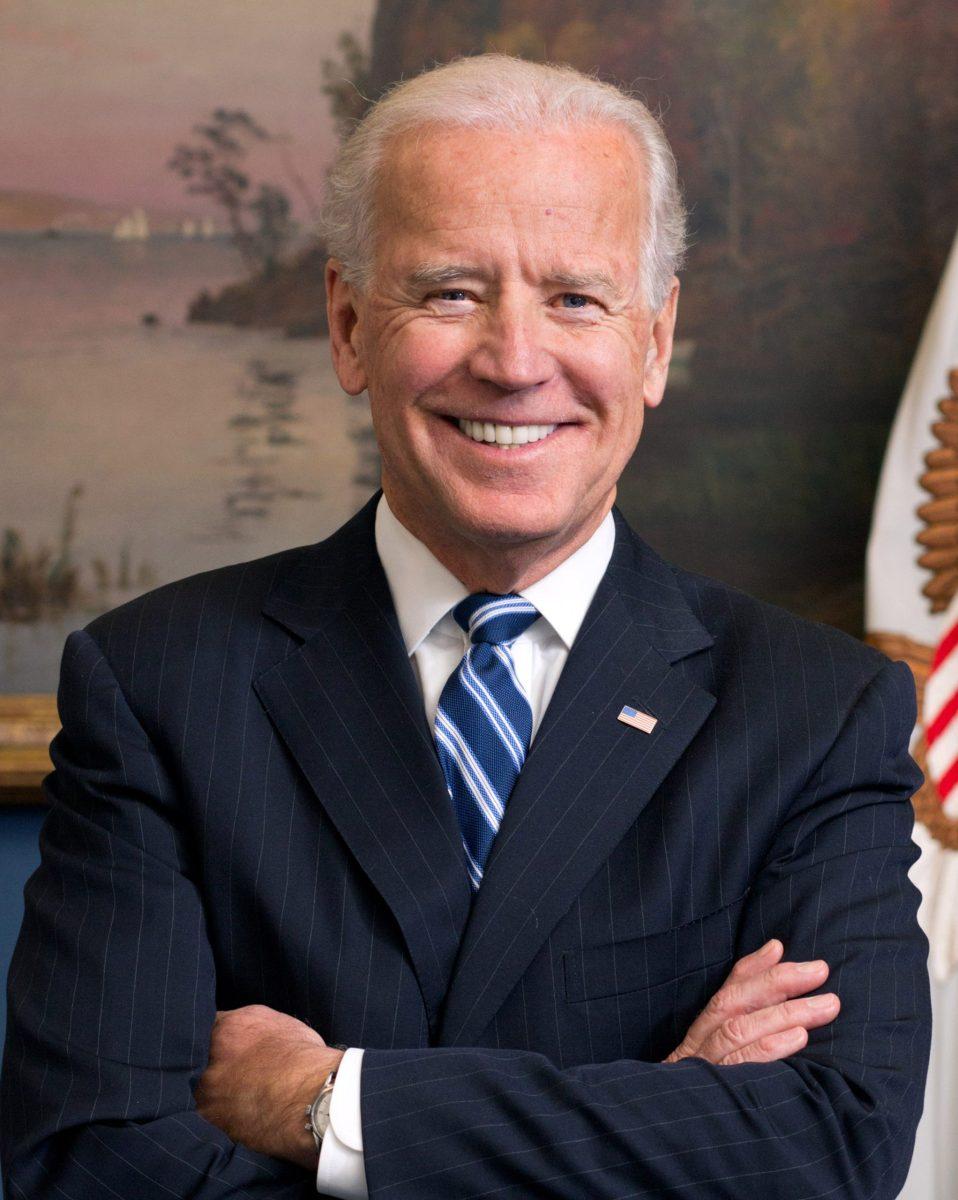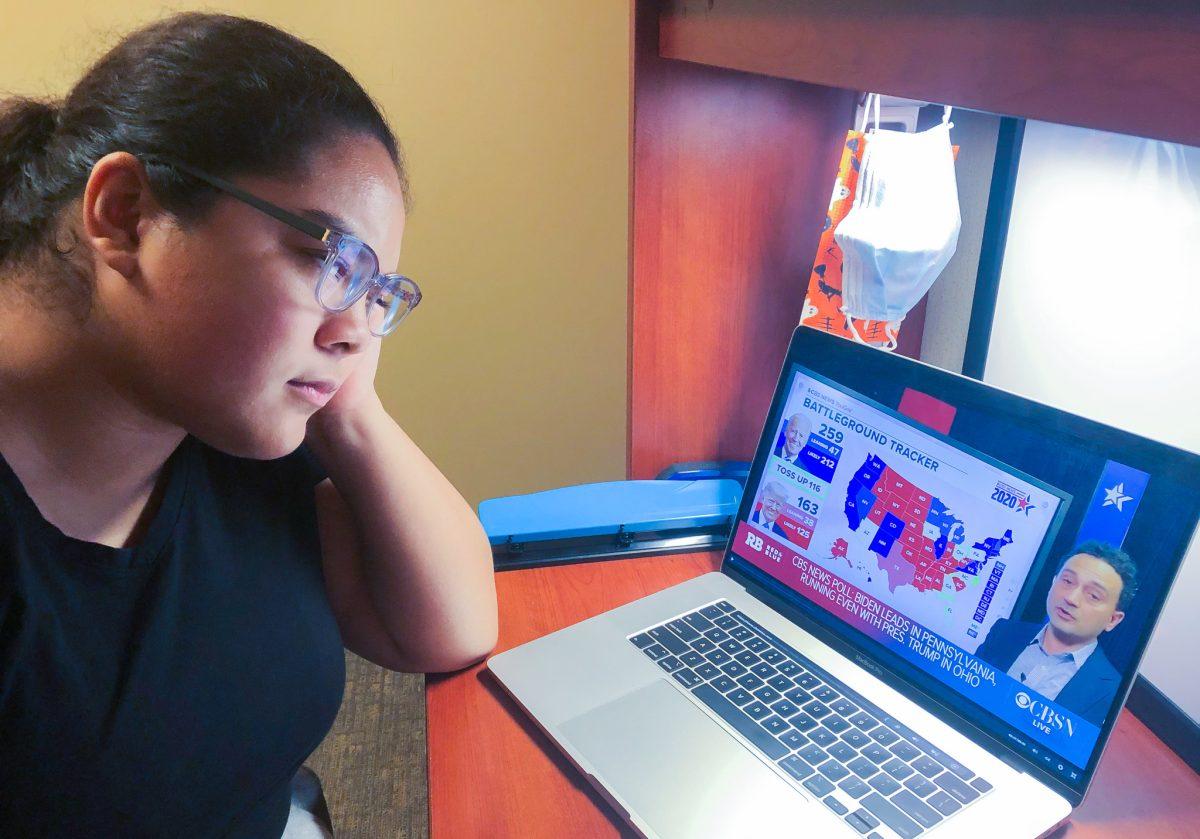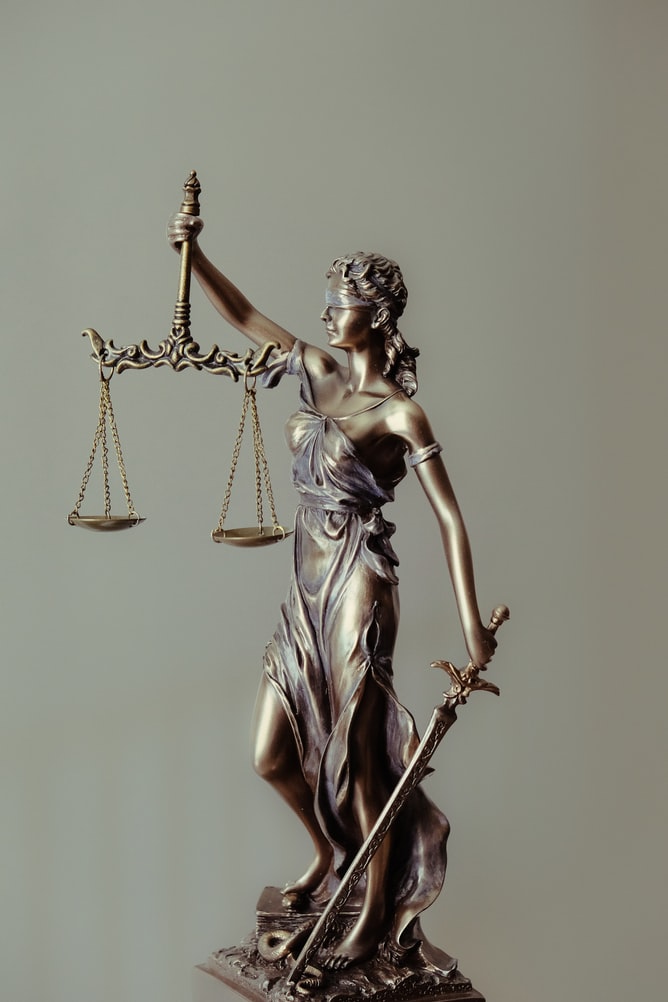On June 23, 2016 the United Kingdom held a public referendum on whether the country should remain in the European Union. Thanks to heavy campaigning by then-UK Independent Party leader, Nigel Farage, the Leave campaign won by a narrow margin of 52 percent. But, the Oct. 31 deadline for the UK to leave has come and gone, like multiple previous Brexit deadlines, and the UK has yet to leave the EU.
Negotiations have repeatedly stalled over the border between Northern Ireland and the Republic of Ireland, which is the only land border the UK shares with an EU country. To prevent any hard border posts or physical barriers, a provision called the backstop was created. The backstop is a legal guarantee that if the UK and the EU cannot come to a future trade agreement after the UK leaves, then the UK will remain in the same customs territory. This guarantees the UK will remain in a close trade relationship with the EU.
However, the provision was criticized for preventing the UK from negotiating trade deals with other countries. In the latest deal revision, the backstop was replaced with a new customs provision that will allow the country to negotiate and implement its own trade deals, but still require Britain to pay import tariffs on goods imported from the EU.
Theresa May, who was chosen to be the Conservative party leader and therefore Prime Minister shortly after the vote to leave the EU, struggled to pass a Brexit deal under a left-leaning Parliament. Members of Parliament (MPs) rejected May’s proposed deals three times. The UK was originally set to leave the EU on March 19 of this year; now the country’s exodus has been postponed to Jan. 31, 2020 due to Parliament’s inability to pass a deal. Continuing opposition to May’s leadership prompted her to resign as Prime Minister and leave Boris Johnson to succeed her.
Johnson put his revised Brexit deal to Parliament for a vote on Oct. 19. However, no vote was conducted as the withdrawal agreement was not passed into law; as such, MPs decided to postpone the vote.
In response, Johnson drafted a letter to the EU requesting another postponement of the withdrawal of the EU. Johnson also recently called for an election on Dec. 12 in the hopes that if the Conservative Party wins enough seats, his Brexit deal can be passed before Jan. 31.
























